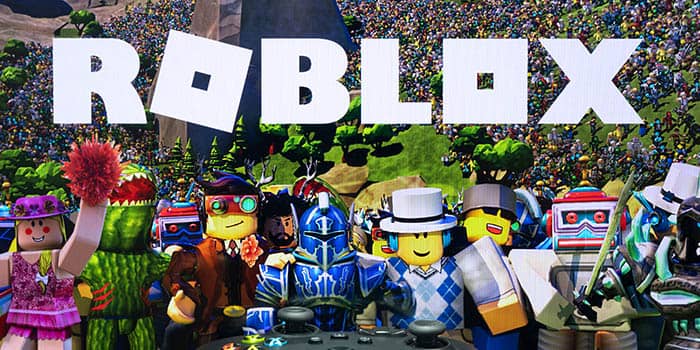The well-known gaming corporation, Roblox, currently finds itself under intense scrutiny following accusations of its complicity in enabling child gambling. Despite these claims, the firm maintains its innocence and is striving to invalidate the class-action lawsuit arrayed against it.
As context, parents who are aggrieved have cast attention on the in-game currency of Roblox—known as Robux. They contend that it could be exploited on certain external gambling platforms, thereby potentially exposing underage participants to gambling activities.
The individuals at the forefront of this lawsuit, Rachel Colvin and Danielle Sass, initialized it last year. They assert that their children were able to gamble using Robux, which inevitably led to monetary losses. Adding to their argument, the claimants have accused Roblox of seeking profit from child gambling, given that a significant 30% fee is levied when gambling platforms convert the in-game currency back into dollars.
Concurring to a certain extent with the plaintiffs, US District Judge Vince Chhabria noted that it does seem as if Roblox knowingly facilitated the monetary transaction between them and the third-party casino companies. However, he argued that the accusation is obscure about the frequency of children’s engagement in gambling. He maintained that while Roblox might consciously contribute to this issue, meticulous proof would be required to link Roblox to a RICO enterprise charge.
Roblox Contends That It Has No Authority Over Independent Developers
The advocate representing Roblox, Tiana Demas, addressed the RICO-related issue. She argued that the plaintiffs have been unsuccessful in substantiating a significant portion of their allegations, specifically the issue that Roblox was conscious of the presumed gambling transactions.
Nevertheless, Chhabria countered this position by citing the names of the casino websites, which are RBX Flip, Box Flip and RBLX Wild. He postulated that it is improbable for Roblox to be oblivious of these websites. Demas acknowledged that Roblox was indeed cognizant of these sites; Chhabria’s response was that the corporation must also know the activities that transpire on those platforms.
Despite this, Demas held her ground, stating that these sites should be treated the same as other developers that cooperate with the company. She highlighted Roblox’s lack of control over independent developers, asserting that the company’s actions have been in line with its conventional business practices.
Demas further contended that an Unfair Competition Law violation does not necessarily result from losing something through Roblox. However, Chhabria argued otherwise, stating that the defendant is culpable as it pilfered something of significant value.
The judge emphasized that the focal point of the lawsuit should be the age of the customers who incurred losses via Robux gambling. He wanted to enunciate that they are far too young to make such decisions. He suggested that he is considering allowing the negligence claim to continue, arguing that Roblox should bear responsibility for the damage inflicted on children.
Moreover, Chhabria postulated that Roblox should possess the capability to curb such incidents, which it currently does not do. Yet, he also acknowledged that the claimants do not entirely fulfill the prerequisite to discuss this aspect.
A decision is expected to be handed down in the imminent future.







